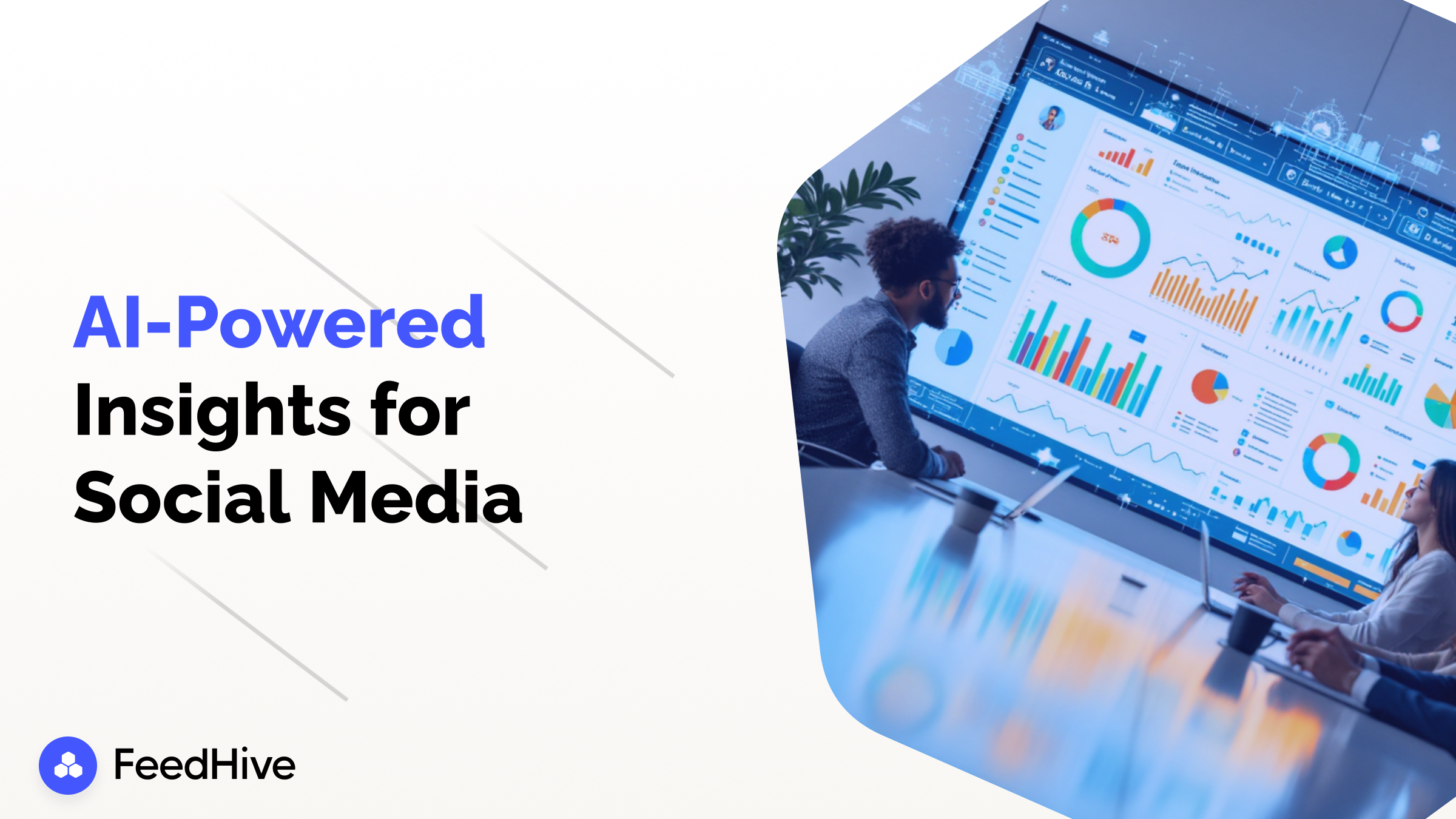
Artificial intelligence is reshaping how brands interact with social media data, offering enhanced insights and more agile strategies for engagement. As digital landscapes evolve rapidly, AI tools now play a pivotal role by providing deeper audience understanding and more precise metrics about content performance and campaign outcomes. This guide delves into modern AI-driven analytics tools, their benefits in deciphering complex datasets, real-world examples of successful implementation, and best practices for integrating these advances into existing analytics frameworks.
The realm of social media analytics has witnessed a significant transformation thanks to AI. Modern platforms are not only collecting data faster than ever before but are also leveraging machine learning and natural language processing techniques to interpret this data in actionable ways. Services like YouScan demonstrate how AI can be utilized for text, image, and audience analysis. Notably, YouScan’s "Insights Copilot," launched in 2023, employs conversational AI based on ChatGPT to help brands quickly gain insights from extensive social data. For further information, check out YouScan’s details on Wikipedia.
Another outstanding example is Brandwatch, which was acquired by Cision in 2021. Brandwatch offers robust consumer research tools combined with advanced social management features, including image recognition and sentiment analysis. Such capabilities allow brands to monitor online presence effectively and understand fluctuations in consumer behavior dynamically. Similarly, HockeyStack has been making waves in the market; in January 2025, it raised $20 million in a Series A round to bolster its marketing analytics and attribution platform. The introduction of its AI agent, Odin, automates account research, providing marketers with deep, actionable insights in near real-time. Learn more from the Axios report on HockeyStack.
As social media data becomes more voluminous and varied, traditional analytical methods often fall short in uncovering nuanced insights. AI addresses these challenges in several key ways:
Advanced Sentiment Analysis:
Artificial intelligence tools can detect and interpret the subtleties in customer sentiment, going beyond simple likes and dislikes. This means brands can understand the intensity and context behind a mention, allowing for more tailored responses. Detailed analysis from platforms like TopSocialTools highlights how such systems are revolutionizing sentiment measurement.
(Read more on advanced sentiment tools at TopSocialTools.)
Real-Time Monitoring and Alerts:
With social media conversations happening around the clock, being able to monitor and receive immediate alerts becomes crucial. AI-powered platforms offer real-time notifications about brand mentions or emerging trends, allowing brands to engage instantly and manage potential crises before they escalate. This speed and agility are vital in maintaining a positive brand image.
Predictive Analytics:
Perhaps one of the most exciting benefits is the ability to predict future trends. AI algorithms can sift through historical data, current trends, and emerging patterns to forecast what might happen next. This predictive capability enables brands to proactively shape their strategies, optimize content performance, and preemptively handle issues before they turn into larger challenges.
The proof of AI’s transformative impact is evident in the success stories from some of the industry’s key players. Here are a couple of standout examples:
Reddit’s Enhanced Engagement through AI:
In March 2025, Reddit rolled out innovative content moderation and analytics tools, including an AI-powered search utility known as Reddit Answers. This tool generates curated summaries from community discussions, not only easing the process of content retrieval but also boosting user engagement by making relevant conversations more accessible. For a detailed account, refer to the Reuters article.
E-commerce Brands and Crisis Mitigation:
A mid-sized e-commerce brand recently managed to turn around a potential PR crisis by using real-time monitoring tools similar to those offered by Brand24. Within just 30 minutes of detecting rising negative sentiment across social channels, the brand implemented corrective measures that prevented broader reputational damage. This incident underscores how quickly data-driven insights can enable swift, effective responses in a digital landscape.
For brands considering the integration of AI-driven tools into their existing social media analytics strategies, several best practices can ensure a smooth and value-adding transition:
Define Clear Objectives:
Begin with a precise outline of what you intend to achieve with AI integration. Whether it is enhancing customer engagement, refining content strategy, or improving crisis management, having well-defined goals enables you to select the right tools and metrics.
Choose the Right Tools:
Not every tool fits every business model. Evaluate various AI-powered platforms based on your specific analytics needs. Consider factors like data integration abilities, ease of use, and scalability. For those managing comprehensive social media campaigns, platforms like FeedHive can streamline scheduling and analytics—making the integration process smoother by combining content management with deep data insights.
Train Your Team:
Technology is only as good as its users. Providing your marketing team with the necessary training to understand and utilize AI insights ensures maximum benefit. Workshops, tutorials, and regular updates on tool functionalities can empower your team to leverage these advanced analytics fully.
Monitor, Evaluate, and Adjust:
Continuous monitoring of AI-driven insights along with regular performance reviews is essential. Analytics should evolve alongside your strategy, meaning that adjustments and refinements should be ongoing to improve and sustain outcomes over time.
By adopting these best practices, brands can ensure that they harness AI’s full potential, transforming raw data into actionable strategies that drive real results.
The integration of AI into social media analytics represents not just a technological upgrade but a strategic revolution. With tools that deliver advanced sentiment analysis, real-time alerts, and predictive insights, brands are equipped to navigate the complex digital landscape with greater precision. Real-world implementations by companies like Reddit and forward-thinking e-commerce brands illustrate AI's tangible benefits, while best practices for integration ensure that these technologies underpin ongoing success. As we move further into 2025, the proactive adoption of AI-driven analytics will be key for any brand looking to stay competitive and truly understand their audience.